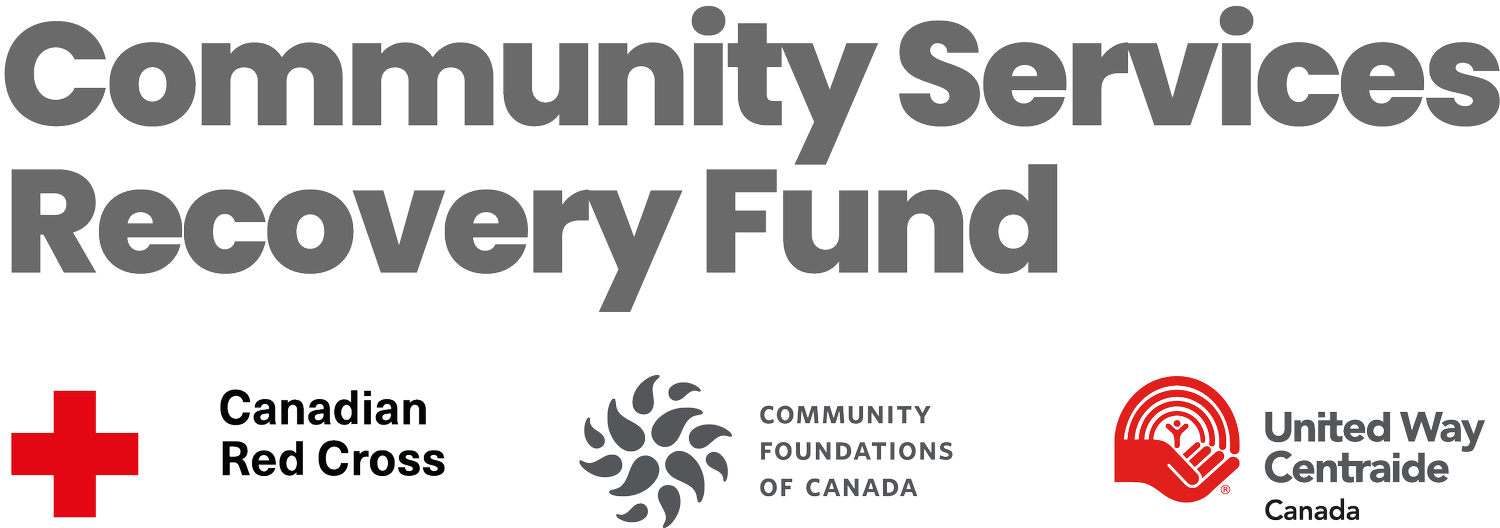Planting SEEDs of Connection
written by Laura Ellis, Canadian Red Cross
The COVID-19 pandemic presented numerous challenges to community service organizations across Canada, one of the most important being ensuring the mental health and wellbeing of frontline staff and volunteers.
To support charities, non-profits and Indigenous governing bodies as they adapted for pandemic recovery, the Government of Canada launched the Community Services Recovery Fund (CSRF). This one-time $400 million investment provided a unique opportunity for community service organizations to focus inwards and build their capacity to continue to respond to community recovery needs.
Winnipeg-based non-profit organization SEED (Supporting Employment & Economic Development) received CSRF funding to help support staff retention and resilience, provide culturally safe mental health resources, and enhance connections among staff.
“I think we were at risk of no longer having a healthy organization if we didn’t address some of the internal issues.”
”That’s where the idea of focusing on staff retention and resilience came from. We wanted to take a look at equity within the organization to make sure that staff were being fairly compensated.”
There were also emerging inequities within SEED’s staff framework that saw some positions carrying the majority of responsibility for in-person service compared to others who were more easily able to work remotely.
“A big part of how we work here is that even if people are in different positions and focusing on different things, there's still a sense of having each other's back and filling in and working towards the same goal and having the same values of working in a non-profit,” said Raena Penner, SEED office manager. “It was really hard to feel those things when all of that disconnection happened.”
Addressing these challenges was a top priority for SEED. The CSRF funding helped them reinvest in the things that matter most to their team. They conducted a comprehensive review of staff salaries which resulted in wage increases for lower-paid positions and helped foster a more supportive and equitable workplace environment.
The funding also provided the opportunity to create a sense of togetherness and appreciation through non-work-related activities and excursions that saw staff come together, in-person, in an outdoor environment. With a newly created Retention and Resilience Committee made up of Indigenous and racialized staff, many of the activities incorporated Indigenous teachings such as medicine pouch making, beading and red dress ornaments, and learning about traditional uses for plants. Additional training and coaching were also made available for Indigenous staff, which has helped to improve overall retention.
“It's been a real breath of fresh air to have an employer and colleagues who are so focused on really taking to heart this aspect about the wellness of people so that we can do our jobs,” said Lisa Forbes, who has held various roles since joining SEED in 2004. “When you have been running on empty for so long, you forget what it is like to refill the cup.”
SEED’s mission is to build strong communities and increase opportunities for people who are financially vulnerable through a range of financial empowerment programs and services. They try to ensure that staff are representative of the communities they serve. As a result, the majority of staff at SEED have previous life experience of living on a low income.
“As a social service, our jobs are to help people. So being able to help the helpers has been a real treat. I’m not the kind of person who would have thought to focus time to make those things happen for myself, so it’s very empowering to be able to do it at work”
SEED’s CSRF project is now completed but based on its success, management plans to continue investing in similar team building and appreciation activities well into the future.
The Community Services Recovery Fund was a one-time $400 million investment from the Government of Canada to support community service organizations, including charities, non-profits and Indigenous governing bodies as they focused on how to adapt their organizations for recovery from the COVID-19 pandemic.
The Canadian Red Cross, Community Foundations of Canada, and United Way Centraide Canada, supported close to 5,500 community service organizations through the Community Services Recovery Fund.



